Question And Answer
Publications
Articles, publications, books, tools and multimedia features from the U.S. Institute of Peace provide the latest news, analysis, research findings, practitioner guides and reports, all related to the conflict zones and issues that are at the center of the Institute’s work to prevent and reduce violent conflict.
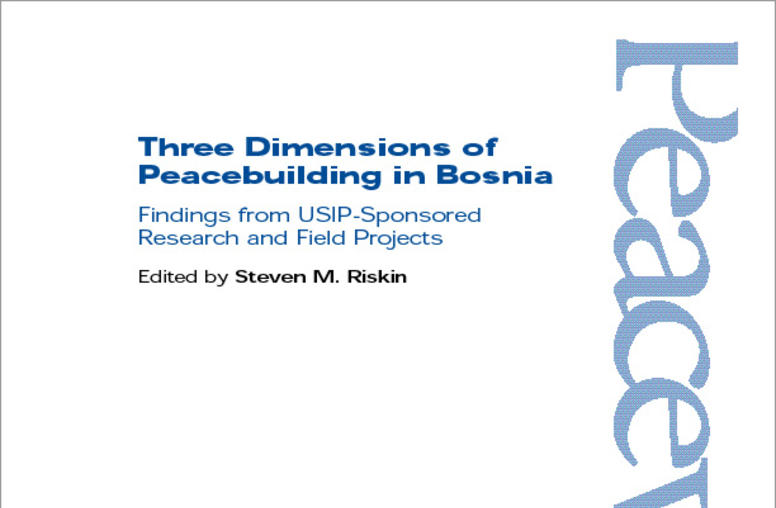
Three Dimensions of Peacebuilding in Bosnia: Findings from USIP-Sponsored Research and Field Projects
The purpose of this Peaceworks is to highlight some of the Institute-funded programs focusing on Bosnia and Herzegovina and to share some of the lessons gleaned from policy-related research covering foreign aid, human rights and rule of law, and programs devoted to reconciliation and civil society institutions in Bosnia.
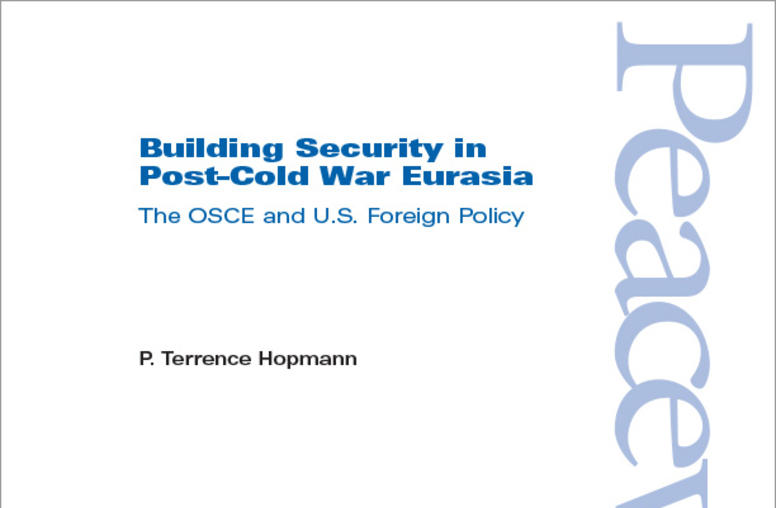
Building Security in Post–Cold War Eurasia: The OSCE and U.S. Foreign Policy
Before NATO forcefully halted Serbia's violence against ethnic Albanians in Kosovo, another European security organization was operating in the region—the Organization for Security and Cooperation in Europe (OSCE). In this report, Terry Hopmann elaborates on the conflict-management work of the organization and explores its possibilities as a complement to the United States' almost sole reliance on NATO as the principal instrument of U.S. foreign policy in trouble spots across Europe (espec...
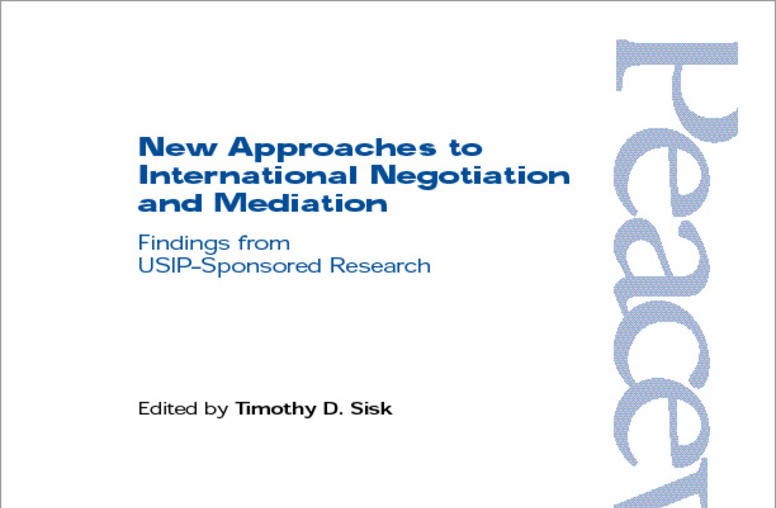
New Approaches to International Negotiation and Mediation: Finding from USIP-Sponsored Research
This report excerpts key findings from some Institute-supported research. In response to a loosely structured questionnaire, selected project directors identified the key theoretical findings of their research projects, those most likely to be of use to policymakers, and new approaches to skills training and teaching.
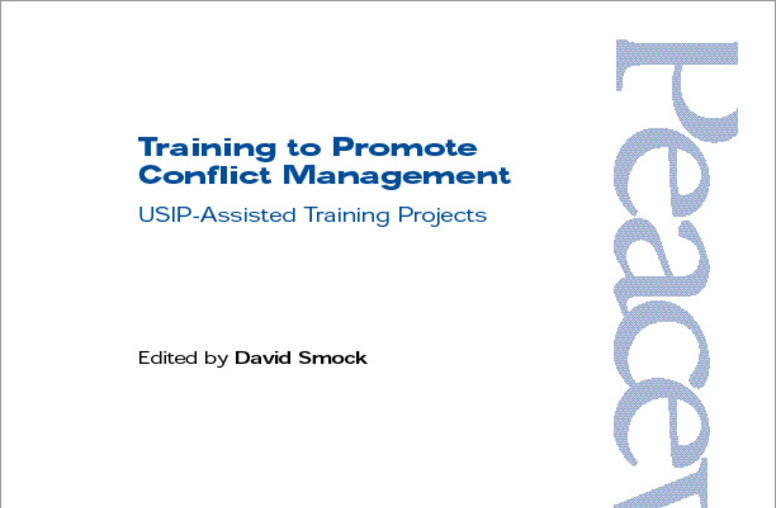
Training to Promote Conflict Management: USIP-Assisted Training Projects
The training projects described in this report took place in China, countries of the former Yugoslavia, Ethiopia, Nigeria, Somalia/Somaliland, and southeastern Europe; two other projects had worldwide scope. These projects had a variety of purposes and used training to achieve several different ends.
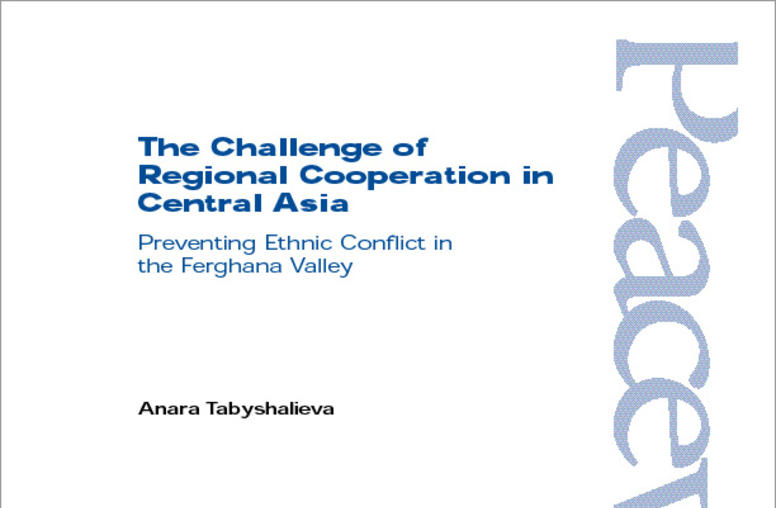
The Challenge of Regional Cooperation in Central Asia: Preventing Ethnic Conflict in the Ferghana Valley
This report looks at social fragmentation currently taking place in Central Asia and its possible repercussions for the future of regional cooperation.
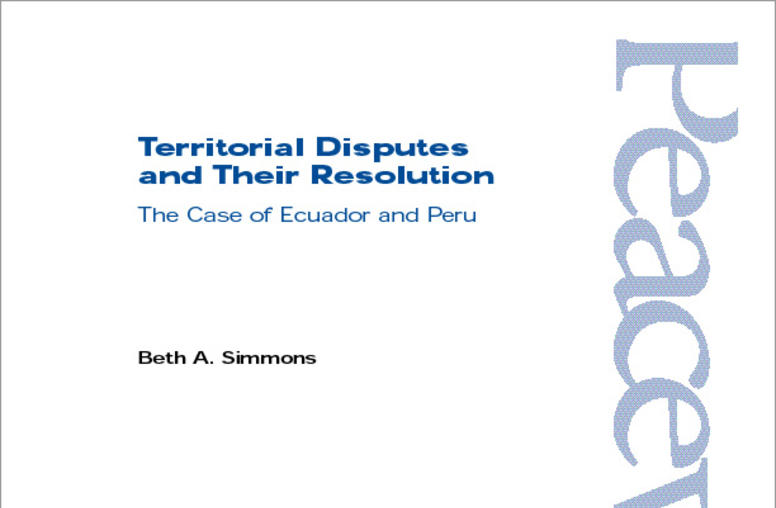
Territorial Disputes and Their Resolution: The Case of Ecuador and Peru
After nearly six decades of sporadic warfare over a relatively small stretch of disputed border, Ecuador and Peru signed an accord on October 26, 1998, that provides a definitive settlement of the remaining issues in their ongoing border conflict. The accord may not spell the end to future territorial disputes in the region, but it is historic in that it involves many actors working over many decades to achieve a settlement to a long-standing dispute.
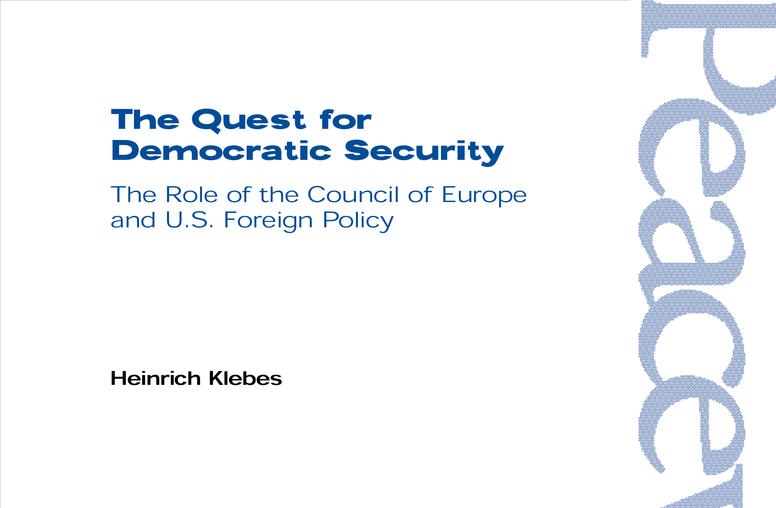
The Quest for Democratic Security: The Role of the Council of Europe and U.S. Foreign Policy
The role of non-military organizations in the European security architecture has been greatly enhanced in the post–Cold War era. Although NATO can protect its members through the force of arms, security involves much more than military might—it has crucial social, political, and economic components that are of heightened relevance in today's world.
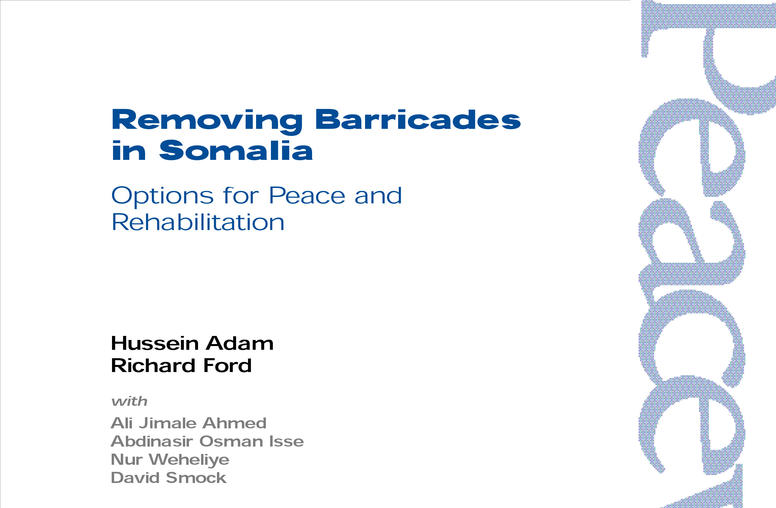
Removing Barricades in Somalia: Options for Peace and Rehabilitation
In summer 1997, a team of four Somali intellectuals and two American Africanists spent three weeks in Somalia on behalf of the United States Institute of Peace. The purpose of the visit was to assess the present circumstances and future prospects for peace and reconciliation in Somalia and to recommend how it might be appropriate for the United States, working with colleagues and institutions in Somalia and neighboring countries as well as within the larger donor community, to play a constru...
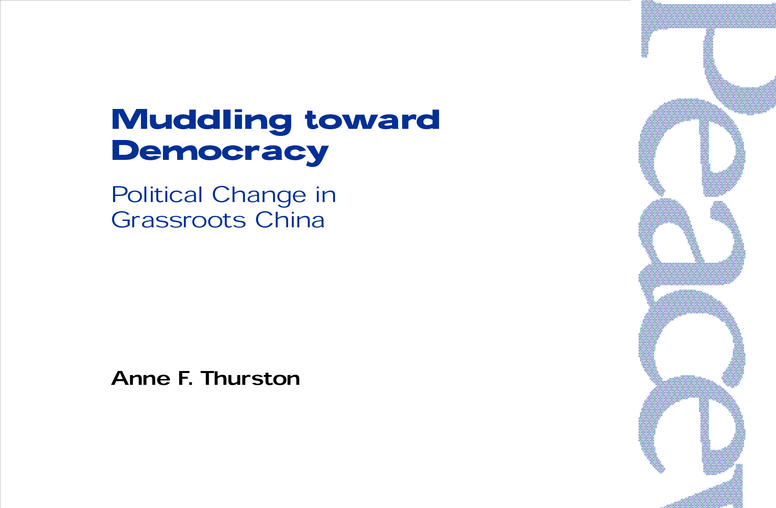
Muddling toward Democracy: Political Change in Grassroots China
Among the most significant political reforms implemented by the Chinese government since 1989 is the introduction of competitive elections into rural villages. This study, based largely on fieldwork conducted between 1995 and 1997, examines China's efforts to bring competitive elections to the country's rural areas and attempts to explain why local democracy has proved more successful in some places than in others.
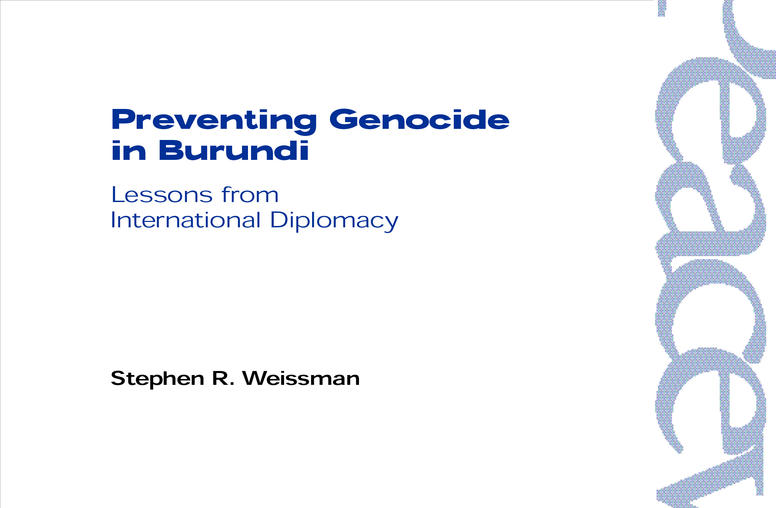
Preventing Genocide in Burundi: Lessons from International Diplomacy
Since 1993, interethnic violence between the 15 to 20 percent Tutsi minority and the 80 to 85 percent Hutu majority in Burundi has taken an estimated 150,000 lives. An examination of the international response to the crisis furnishes valuable lessons for peacemaking in Burundi and other areas of genocidal conflict.